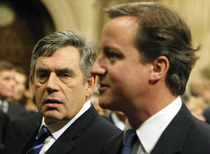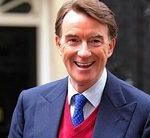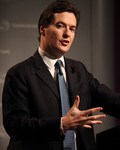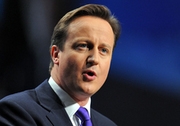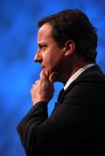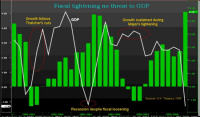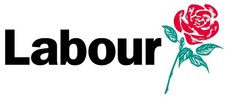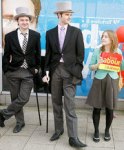Will this be the game-changer that Brown needs?
So there we have it. There will be televised election debates between the three main party leaders during the next election campaign, after all. The first will be on ITV, then there’ll be one each on Sky and the BBC. Talk about good TV for political anoraks. Like Tim Montgomerie and Mike Smithson, I suspect that Gordon Brown and Nick Clegg will be happiest with the news. Both of them, particularly Brown, need potential game-changing events like this to make some progress in the polls. As for Cameron, he’d probably be better off not giving his opponents a chance to make inroads into the Tories’ poll lead. But he
